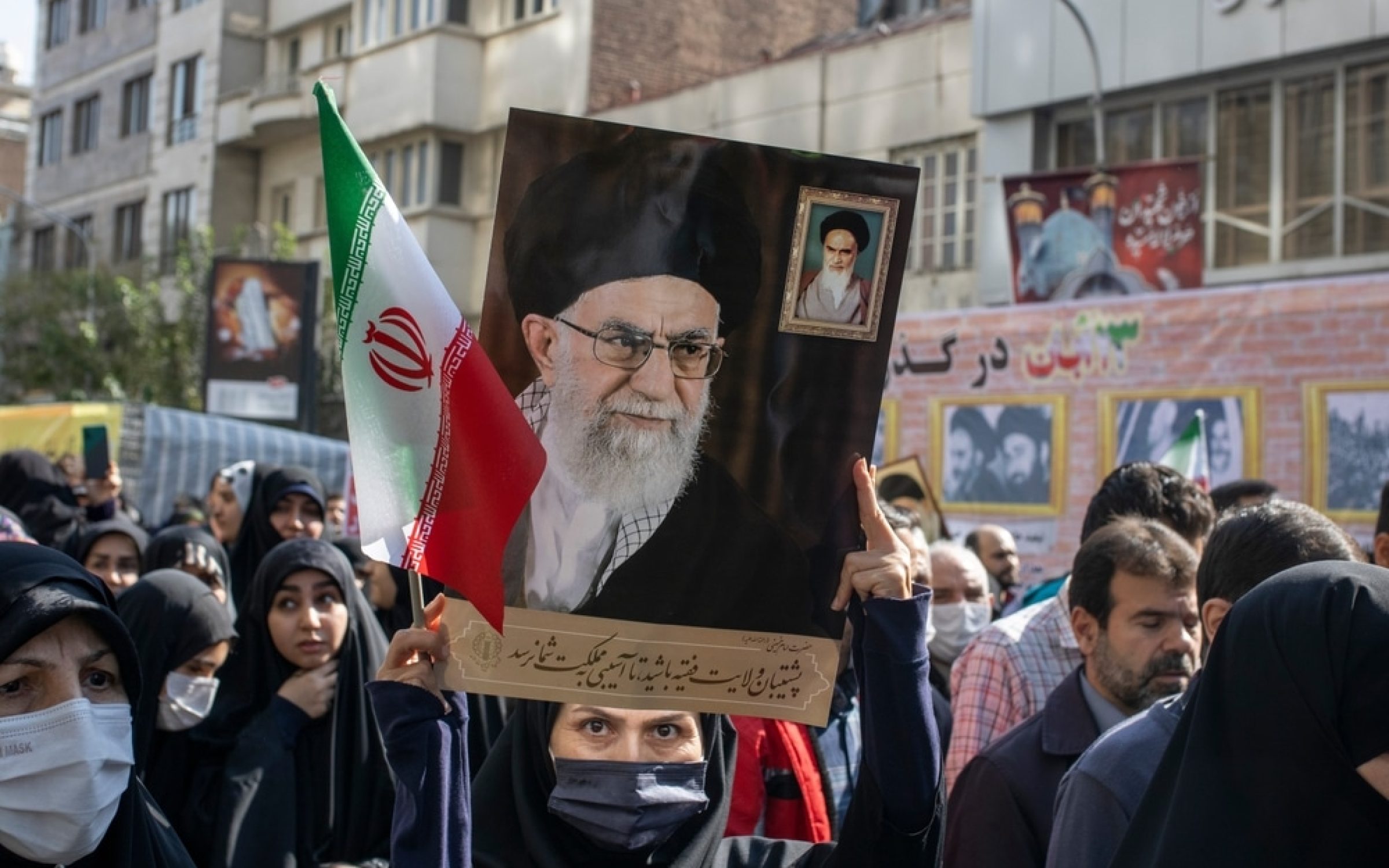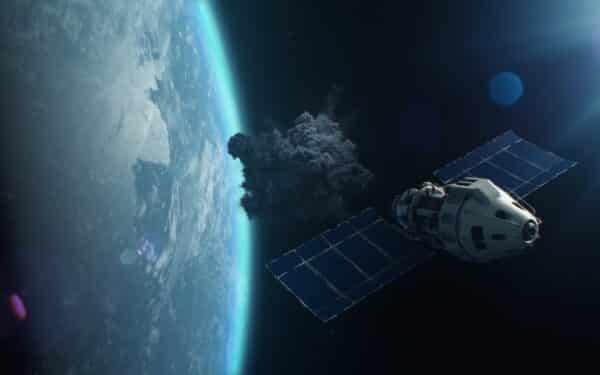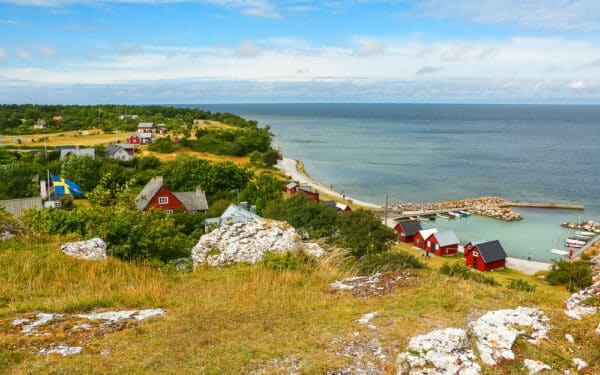What is the Islamic Regime’s grand strategy?
“I don’t think it has one,” says Dina Esfandiary, from the International Crisis Group, speaking at the London Defence Conference.
As far as Esfandiary is concerned, Tehran is “a reactionary power”, focussed on regime survival, standing up to the West and securing its borders, hence its reliance on proxies. “To me, these aren’t grand strategies,” she adds. “[Tehran] doesn’t want to set up an alternative world order because it doesn’t want to be responsible for running it. It just wants to disrupt the current one.”
Fellow panelist, Mark Dubowitz, from the Foundation for Defense of Democracies, insists Iran’s number one goal is “to export the revolution to a maximum number of countries in the Middle East”. This, he maintains, is more important to it than investing in Iranian people. The West is not in a dispute with the people of Iran, this is a dispute with the Iranian Regime, he is keen to clarify. In fact, the brutal repression the regime is engaged in at home means, in many respects, “the biggest threat Iran represents is to its own people.”
While Tehran might not wish to be responsible for running an alternative world order, it does, according to Esfandiary, have an “inflated sense of where [it] sits in the world”.
And the West inadvertently helps to inflate Tehran’s sense of importance, with all the talk of the Iranian threat. “Language helps focus the mind,” says Esfandiary. In other words, the more one talks to a domestic audience about the Iranian threat, you more the public recognises that the threat is real. But there’s a catch, she warns. It’s not just a domestic audience listening. The more western leaders elevate Iran as a threat – or label Tehran the enemy – the more Iranian leaders take it as a mark of their own success.
Of course, Tehran isn’t the only country being labelled an “enemy” by the west. It’s in good company, alongside China, Russia and North Korea.
According to Walter Russell Mead, Professor of Foreign Affairs and Humanities at Bard College, there is little cohesion between these four countries aside from their desire to unsettle the US-based world order: “They don’t have anything like a common vision of what they would like to see [replace it] but they all believe that the current world order is both an obstacle and a threat to them.”
People across the world can see that the foundations of this current word order are eroding, says Russell Mead. Meaning: “There is a deterrence deficit”.
So how does the West manage the Iranian threat – including, crucially, the fact that Tehran is on the threshold of nuclear capability?
“If Iran gets nuclear weapons, it’s a game-changer in the Middle East. The US has to destroy Iran’s nuclear weapons program,” declares the hawkish Dubowitz.
The suggestion is met with strong objection from Esfandiary. “What better way to affect Iranian decision-making in the exact way you don’t want to than by bombing its nuclear programme,” she retorts. “That will also rally the entire Iranian population around the flag.”
“You can’t bomb knowledge,” she adds. The nuclear programme will just come back.
“We must look to affect decision-making, not capability,” says Tel Kelman, an Israeli ex-fighter pilot, tasked with leading Israel’s fight against Iran.
“Iran’s current leader thinks strategically,” Kelman points out, and “he understands the prices” that might come from escalation. Which does restrain his actions. Dubowitz agrres: “The Supreme Leader may be a ruthless man but he’s also a cautious man.”
The danger could intensify when it’s time to find a successor. “My fear is when he dies and a new generation of revolutionaries take over,” warns Dubowitz.
Speaking of future leaders, with the American election looming, which future US President might act as a better deterrent for Iranian aggression: Trump or Biden?
“Biden has not been a very successful deterrent towards anyone,” says Russell Mead. Another Biden term, would most likely mean “the US ability to deter would continue to decline,” he adds.
As for a second Trump term, the “randomness and chaos” of his mode of leadership means “it would be impossible to predict”.
Write to us with your comments to be considered for publication at letters@reaction.life




